
Everyone in the house thinks that air conditioners are the most expensive thing in the house
8 Household Devices That Consume the Most Electricity: Be Aware of Their Impact on Your Bill
In today’s modern world, electricity consumption has become an integral part of our daily lives. From the air conditioners that cool our rooms to the gadgets we use for entertainment and work, it’s hard to imagine life without these devices. However, not all household appliances are created equal when it comes to energy use. In fact, some of them consume much more electricity than others, significantly affecting your electricity bill.
While you might be aware that air conditioners are among the most energy-hungry devices in the home, there are several other appliances that could be secretly draining your power and causing your electricity bills to skyrocket. By understanding which devices use the most energy, you can take simple steps to reduce your energy consumption and save money.
Here’s a detailed look at 8 common household devices that consume a significant amount of electricity. By learning about these appliances and the impact they have on your energy usage, you’ll be empowered to make informed decisions on how to reduce their consumption and save on your bills.
1. Air Conditioners (ACs)
It’s no surprise that air conditioners are among the biggest culprits when it comes to high electricity usage. During hot summer months, ACs are essential for maintaining a comfortable indoor environment. However, the constant operation of air conditioning units can use up a substantial amount of energy, often accounting for as much as 40% of a household's electricity consumption.
Why They Use So Much Energy:
-
Air conditioners work by circulating cool air throughout your home, which requires the constant operation of compressors and fans.
-
The larger the unit and the longer it runs, the higher the energy consumption.
How to Reduce Energy Use:
-
Set your thermostat to a higher temperature, such as 78°F (25°C), and use fans to circulate air more effectively.
-
Keep windows and doors closed while the AC is running.
-
Consider investing in an energy-efficient model or a smart thermostat to optimize cooling.
2. Water Heaters
Whether you’re taking a hot shower or running the dishwasher, your water heater is working in the background, consuming a large chunk of electricity. Water heaters are typically the second-largest energy consumers in the home, accounting for approximately 14-18% of household energy use.
Why They Use So Much Energy:
-
Heating water takes a lot of energy, especially if you keep the temperature set high or use hot water frequently.
-
Tank-based water heaters continuously heat water, even when it’s not in use, which results in unnecessary energy consumption.
How to Reduce Energy Use:
-
Set your water heater to 120°F (49°C) to prevent overheating.
-
Use cold water for laundry and dishes whenever possible.
-
Consider upgrading to a more energy-efficient water heater, such as a tankless or solar-powered unit.
3. Refrigerators
Refrigerators run 24/7, keeping food cold and preventing spoilage, which means they consume a significant amount of electricity throughout the year. A refrigerator accounts for around 7-10% of a household's total energy consumption.
Why They Use So Much Energy:
-
Refrigerators are designed to maintain a low, constant temperature, requiring constant energy use to operate the compressor and keep the interior cool.
-
Older models tend to be less energy-efficient compared to newer, more advanced refrigerators.
How to Reduce Energy Use:
-
Opt for an energy-efficient refrigerator with the Energy Star label.
-
Keep the refrigerator door closed as much as possible to minimize the need for the compressor to work harder.
-
Clean the coils regularly to ensure optimal performance.
4. Electric Ovens and Stoves
Electric ovens and stoves are indispensable in the kitchen, but they are also high on the list of energy-draining appliances. These devices account for a significant portion of energy consumption when used for baking, roasting, or cooking meals.
Why They Use So Much Energy:
-
Ovens require a substantial amount of energy to heat the internal space to the desired temperature.
-
Stove burners also use a lot of electricity, especially when cooking at high temperatures.
How to Reduce Energy Use:
-
Use a microwave or toaster oven for smaller cooking tasks instead of the conventional oven to reduce energy consumption.
-
Cook multiple items at once to minimize oven usage.
-
Turn off the stove or oven a few minutes before your food is fully cooked, as the residual heat will continue cooking your food.
5. Washing Machines
Washing machines are vital for cleaning clothes, but they’re also a significant consumer of electricity. While newer models are designed to be more energy-efficient, older machines can consume a lot of energy, especially when running multiple loads.
Why They Use So Much Energy:
-
Washing machines use electricity to power the motor, pump, and heating element to warm water.
-
Larger loads and hot water settings increase the energy used per wash cycle.
How to Reduce Energy Use:
-
Wash clothes in cold water whenever possible, as heating water is one of the most energy-consuming aspects of the wash cycle.
-
Use the machine's eco-mode or low-energy settings if available.
-
Run full loads instead of smaller ones to reduce the number of cycles needed.
6. Dishwashers
Like washing machines, dishwashers are also essential in the kitchen, but they can significantly raise your electricity consumption. Dishwashers generally use a lot of energy to heat water, power the motor, and dry the dishes.
Why They Use So Much Energy:
-
Dishwashers typically use hot water, which requires energy to heat up.
-
The drying cycle is energy-intensive, especially in older models.
How to Reduce Energy Use:
-
Wash full loads to maximize the efficiency of each cycle.
-
Skip the drying cycle and air-dry your dishes or use the “eco-dry” setting.
-
Use a dishwasher with an Energy Star rating to improve energy efficiency.
7. Clothes Dryers
While clothes dryers are incredibly convenient, they are also one of the most energy-hungry appliances in the home. These machines consume large amounts of electricity to generate heat and tumble your clothes dry.
Why They Use So Much Energy:
-
Dryers require energy to heat the air and continuously tumble the clothes until they’re dry.
-
The heavier and thicker the fabric, the longer the dryer will need to run.
How to Reduce Energy Use:
-
Use the dryer only for large loads of laundry or heavier items that need extra drying time.
-
Air-dry clothes when possible, especially during warm months.
-
Clean the lint filter regularly to ensure efficient drying.
8. Space Heaters
Space heaters are designed to provide warmth in a specific area, but they can also drain a significant amount of energy when used for long periods, especially during the winter months.
Why They Use So Much Energy:
-
Space heaters work by converting electricity into heat, which requires a lot of power to operate.
-
They often need to run continuously to maintain a comfortable room temperature.
How to Reduce Energy Use:
-
Use space heaters only in the rooms you’re occupying.
-
Consider using a programmable thermostat to regulate the heater’s usage.
-
Turn off the heater when you leave the room or go to bed to avoid unnecessary energy consumption.
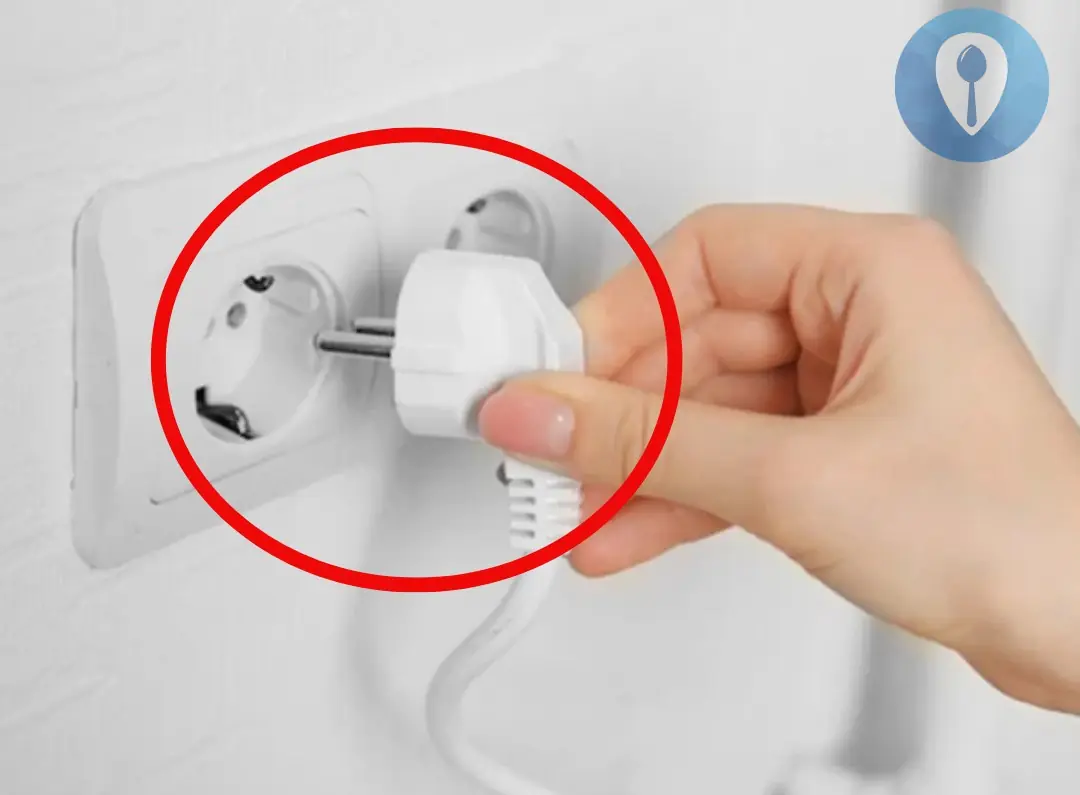
News in the same category


Você usa seu telefone há muito tempo, mas provavelmente não conhece os 6 usos desse interruptor

Beauty care to try with natural ingredients
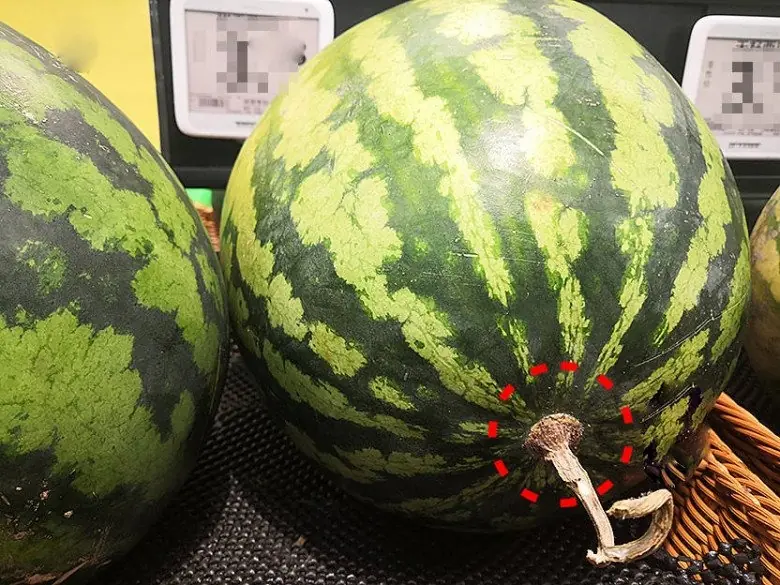
Clapping Your Hands Raw But Still Can’t Pick a Good Watermelon? Learn These 8 Foolproof Tips and Never Get It Wrong Again!

Everybody loves mangos, but most people don't realize how important their leaves are
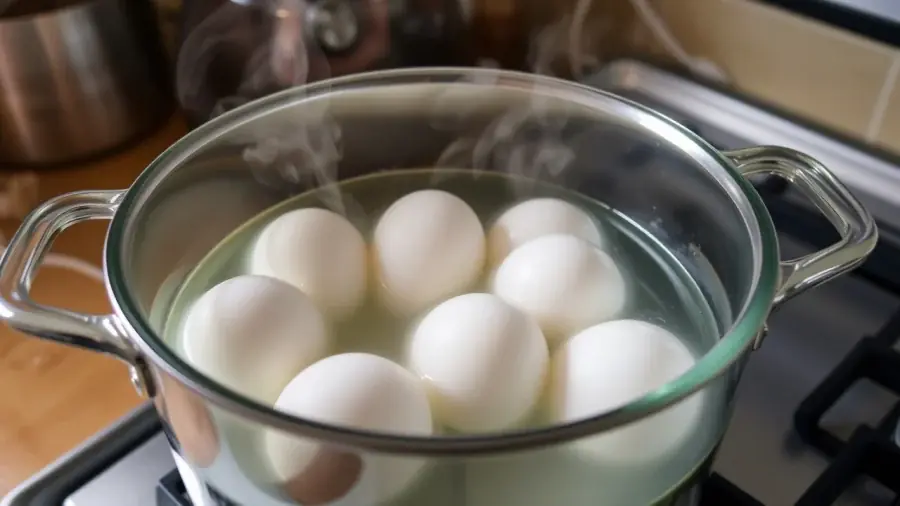
You’ll Regret Throwing Away Egg Boiling Water: 4 Smart Uses You Should Know
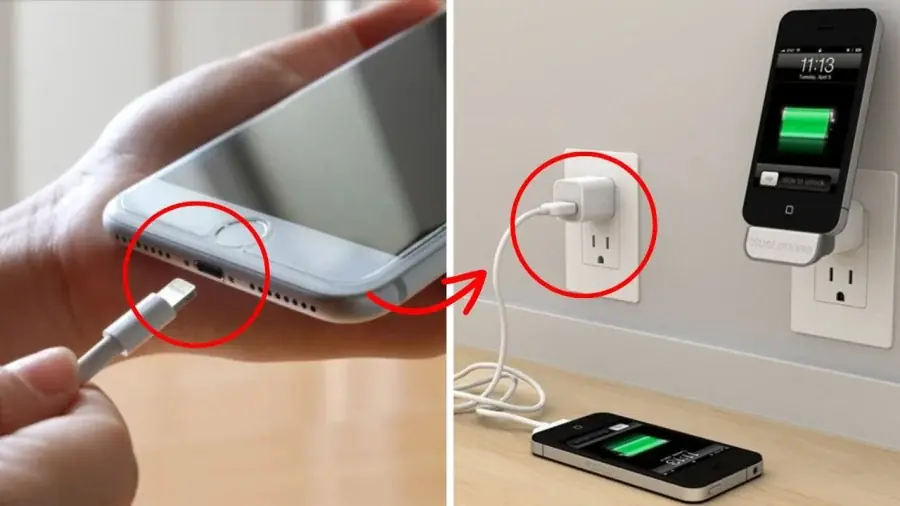
Should You Plug the Phone or the Charger into the Power Outlet First? 90% Do It Wrong, Causing Battery Damage
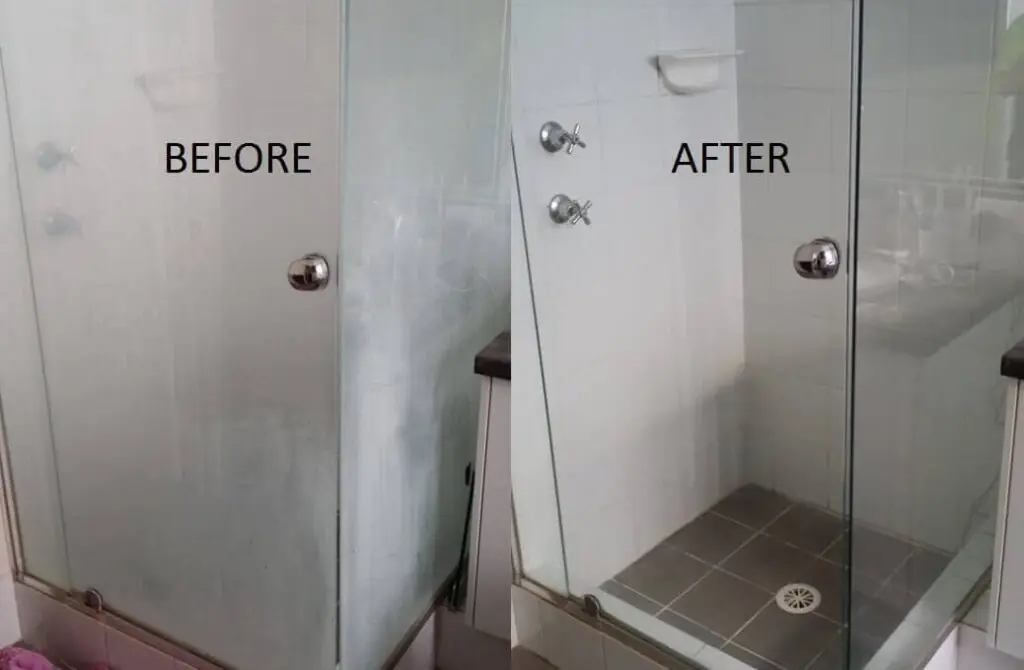
Clean Your Shower Glass in 15 Minutes with 2 Natural Ingredients That 'Erode' Limescale

The Special Uses of Pepper Soaked in White Vinegar: A Simple Method to Solve Many Household Problems

Aloe vera block - rub this block for 5 minutes and you will not need any makeup

3 steps korean skin care

How To Use ONIONS To Get Rid of Pests - Rats, Flies, Lice, Bugs, Lizards, Mosquitoes, Cockroaches

Vaseline and cornstarch make you a 20 year old girl. No matter how old you are

Woman shows rubbing banana peel on face works like Botox for brightening skin: But does it really and is it safe?

No Need for Mosquito Coils—Use This Common Household Item to Repel Mosquitoes: Cheap, Safe, and Effective
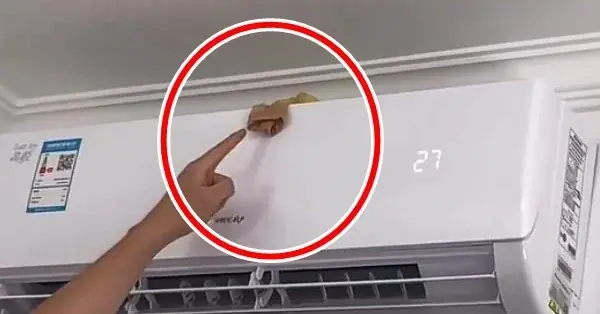
Place a Sock on Your Air Conditioner: A Simple Trick That Can Save Your Family $20 a Month
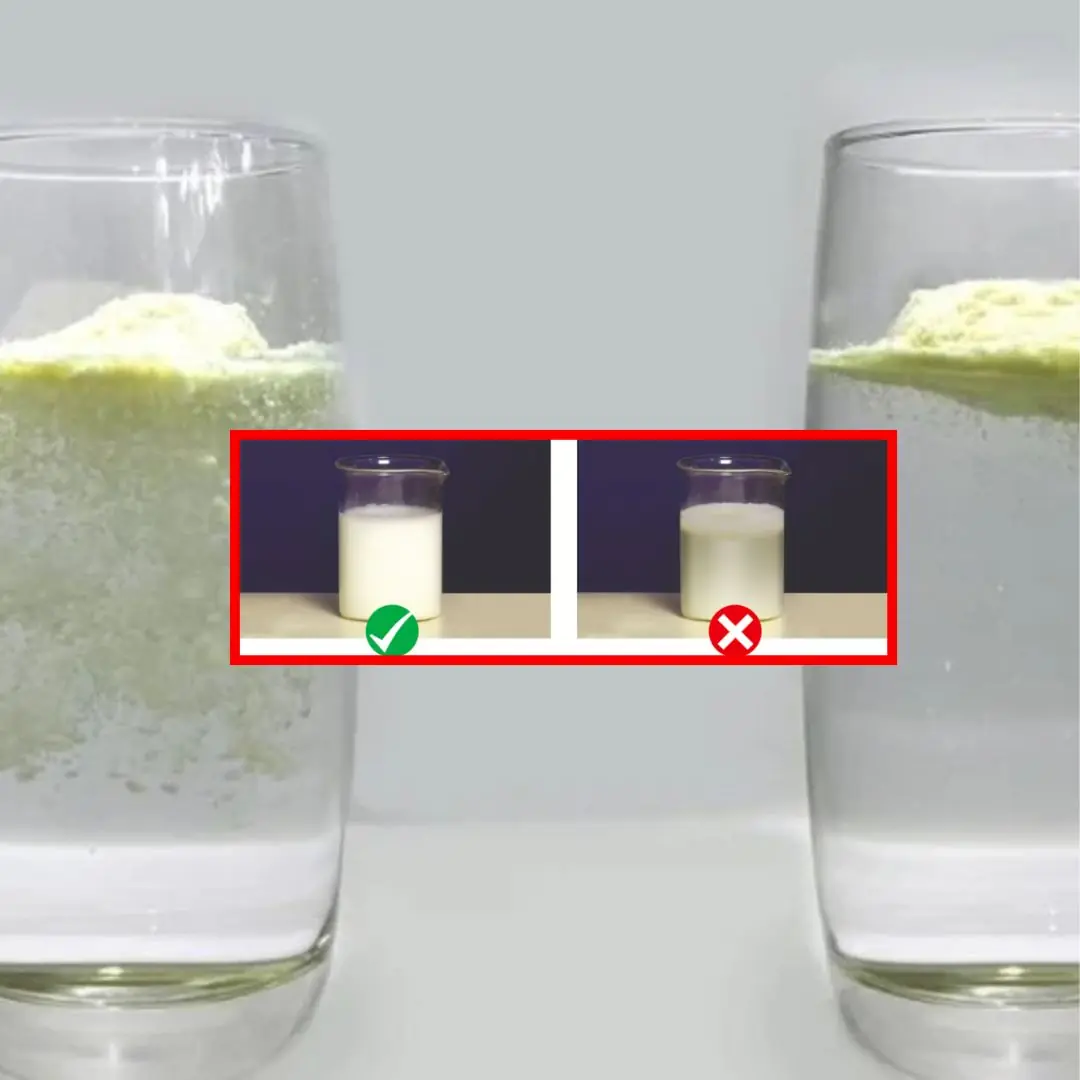
5 ways to distinguish fake milk from real milk: Tips to identify and protect your health

Warning: Combining this food with onions can cause poisoning, even leading to bli.ndness

The real uses of "WHITE GOLD"! Especially the uses that women love - BEAUTIFUL FIGURE, SLIM WAIST
News Post

6 alimentos que drenam silenciosamente o cálcio do corpo, quanto mais você come, mais fracos seus ossos ficam

O rejunte dos azulejos do banheiro está sujo: aqui estão 5 dicas eficazes de limpeza: basta esfregar delicadamente e ele ficará brilhando como novo.

Você usa seu telefone há muito tempo, mas provavelmente não conhece os 6 usos desse interruptor

Beauty care to try with natural ingredients
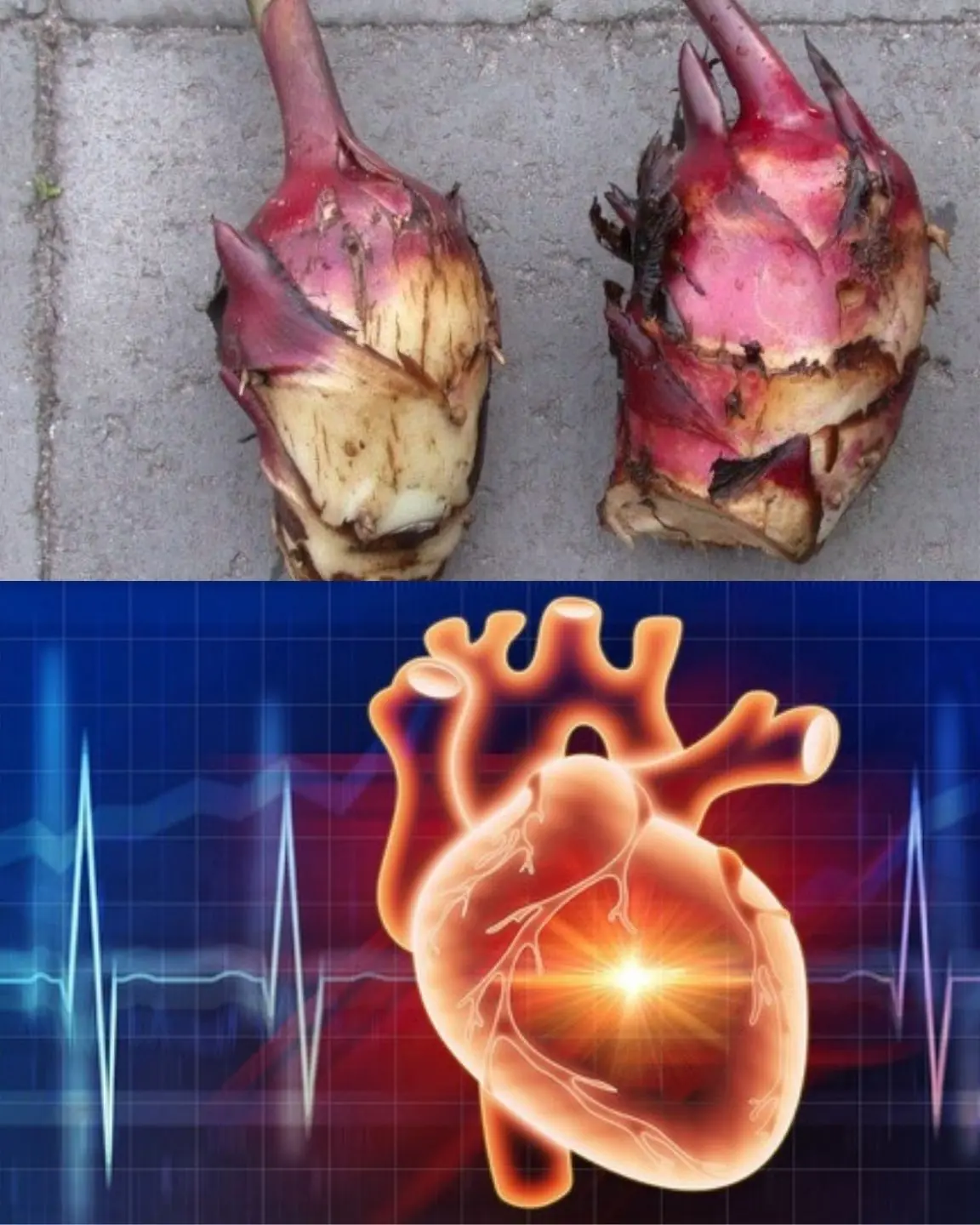
Why should this root be added to the diet of people with cardiovascular disease?

The tuber that grows in every corner of the garden and its effective str.oke prevention properties

Neuroscientist Explains How to Remove ‘Brain Waste’ — And Why It Could Help Prevent Dementia
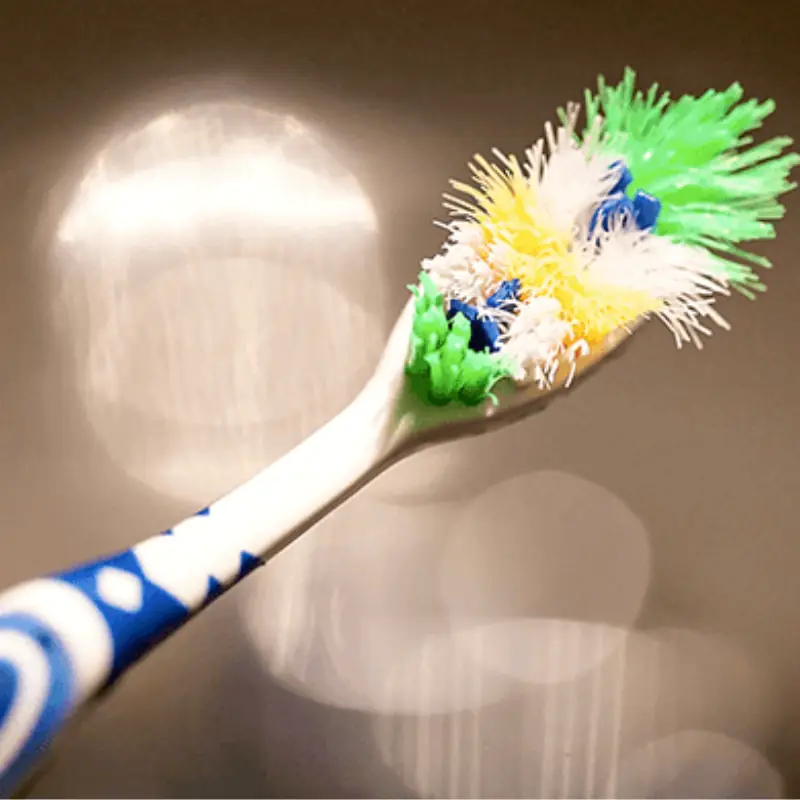
Dentist Reveals Important Reason Why You Must Replace Your Toothbrush Every Three Months

Study Shows Eating One Popular 'Superfood' Could Cut Alzheimer’s Risk by Nearly 50%
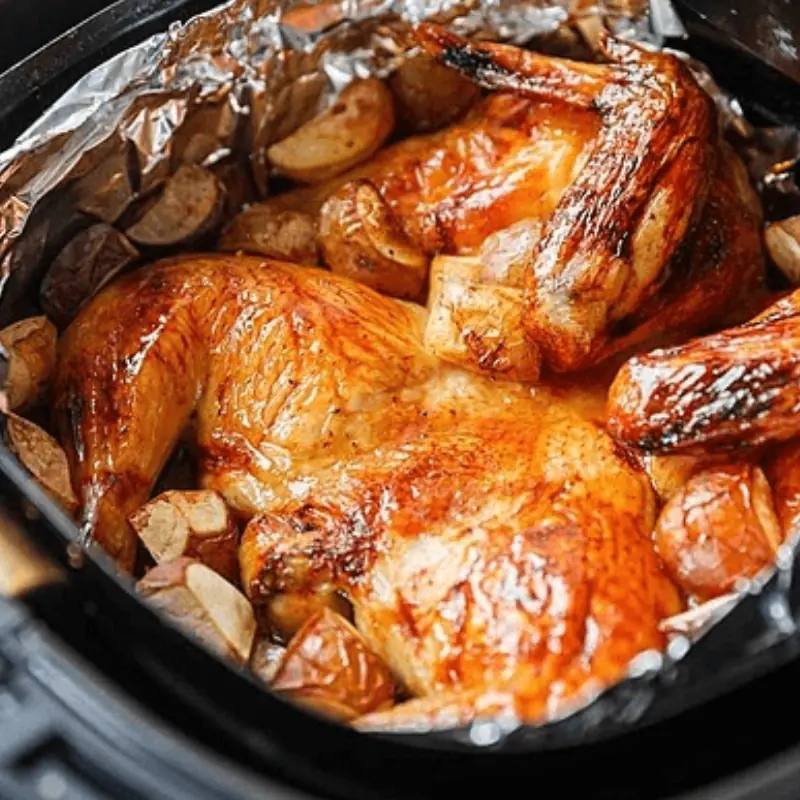
Experts Issue Concerning Warning for Anyone Who Uses Their Air Fryer More Than a Traditional Oven

‘World’s Deadliest Food’ Kills More Than 200 People a Year — But Millions Still Eat It
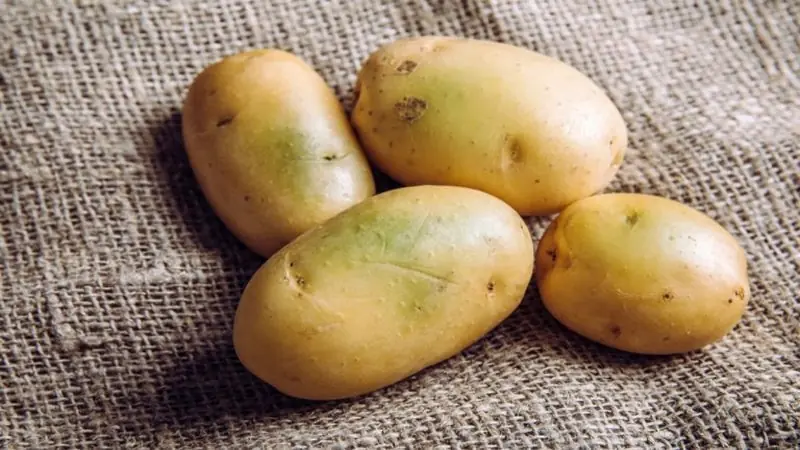
If You See These 6 Signs on Potatoes, Don’t Buy Them—No Matter How Cheap. They Could Be Toxic. Even Sellers Won’t Use Them

More Young People Are Developing Kid.ney Disease: 5 Everyday Drinks That Are Silently Har.ming Your Organs

Clapping Your Hands Raw But Still Can’t Pick a Good Watermelon? Learn These 8 Foolproof Tips and Never Get It Wrong Again!
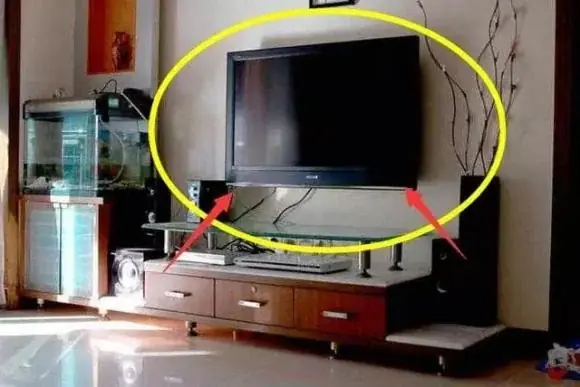
5 Household Devices That “Steal" Electricity More Than Air Conditioners

Everybody loves mangos, but most people don't realize how important their leaves are

The wedding of 1 groom 2 brides in China is s.ho.cking, the insider's explanation makes it even more confusing
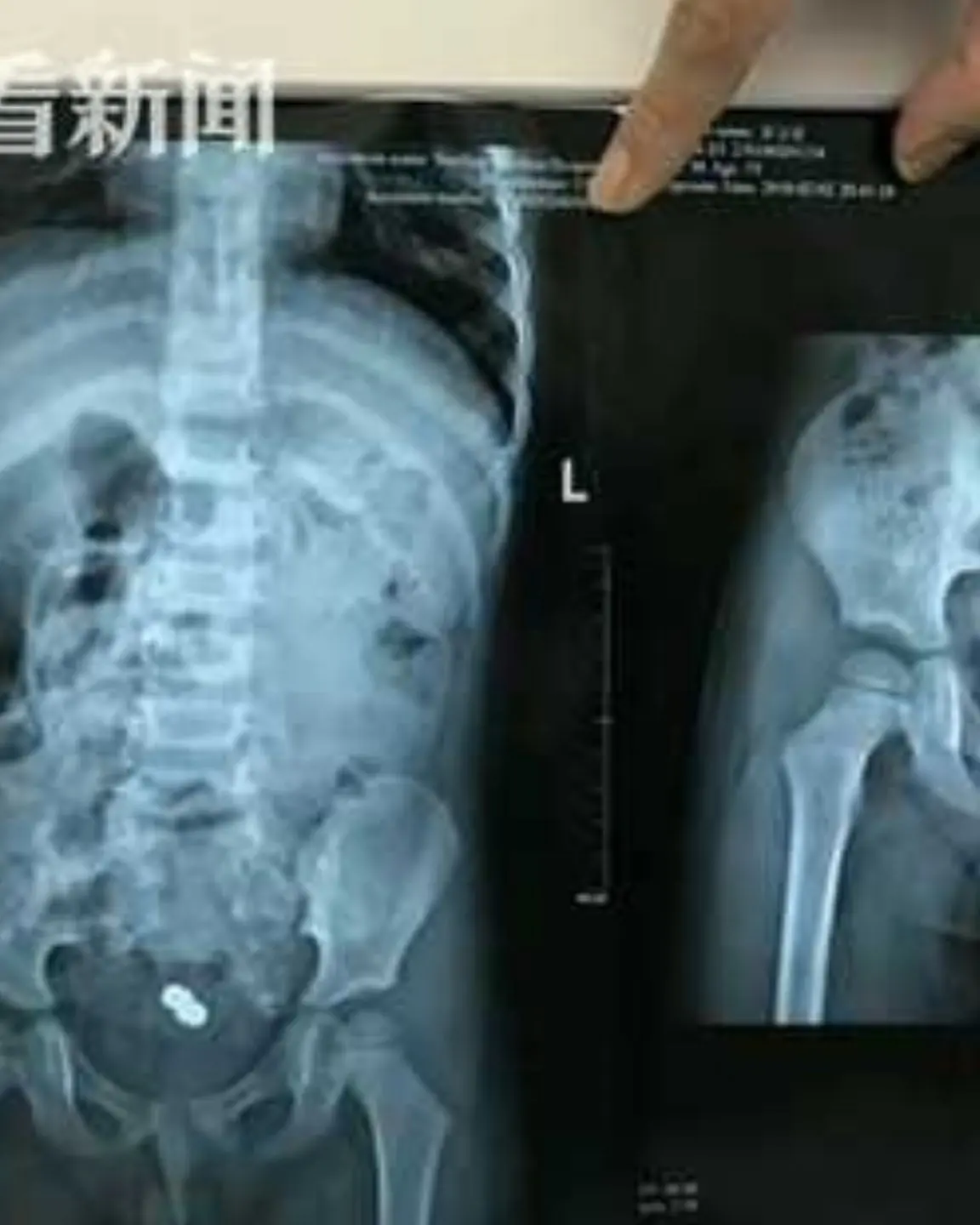
Thinking that their ch.ild was constipated, they for.ced him to eat chives, but the parents did not expect the situation to be more serious than they imagined.

If you see this plant, you're sitting on gold and don’t even know it!
